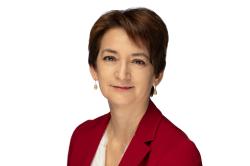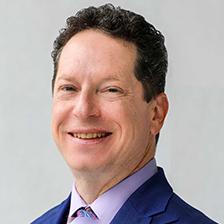

2:00 pm EDT - 3:30 pm EDT
Past Event
2:00 pm - 3:30 pm EDT
1775 Massachusetts Avenue N.W.
Washington, DC
20036
Adjusting to the expanding role of emerging economies and confronting a rising tide of populism in the Western world are just two of the challenges facing the liberal economic order established by the Bretton Woods institutions. In the trading regime, these challenges have been compounded by the failure of the Doha Round and the inability to significantly update multilateral rules in two decades. How will the World Trade Organization (WTO) navigate these troubled waters? Moving forward, the WTO will need to find ways to ameliorate the negotiation logjam in order to deliver fresh gains from liberalization and mitigate the trade growth slowdown, as well as address sources of stress in the dispute settlement mechanism. At the same time, it may need to combat a potential protectionist backlash if key members succumb to the temptation of economic nationalism.
On May 10, the Center for East Asia Policy Studies at Brookings hosted a panel of experts for a discussion on how the WTO will address some of the challenges it faces and the potential impact on the liberal trading order.
Moderator

Panelist


Samantha Gross, Ryan Beane
February 26, 2026

Landry Signé, Christopher Kirigua, Florizelle Liser
February 25, 2026
2026
The Brookings Institution, Washington D.C.
Wednesday, 9:30 am - 12:00 pm EST